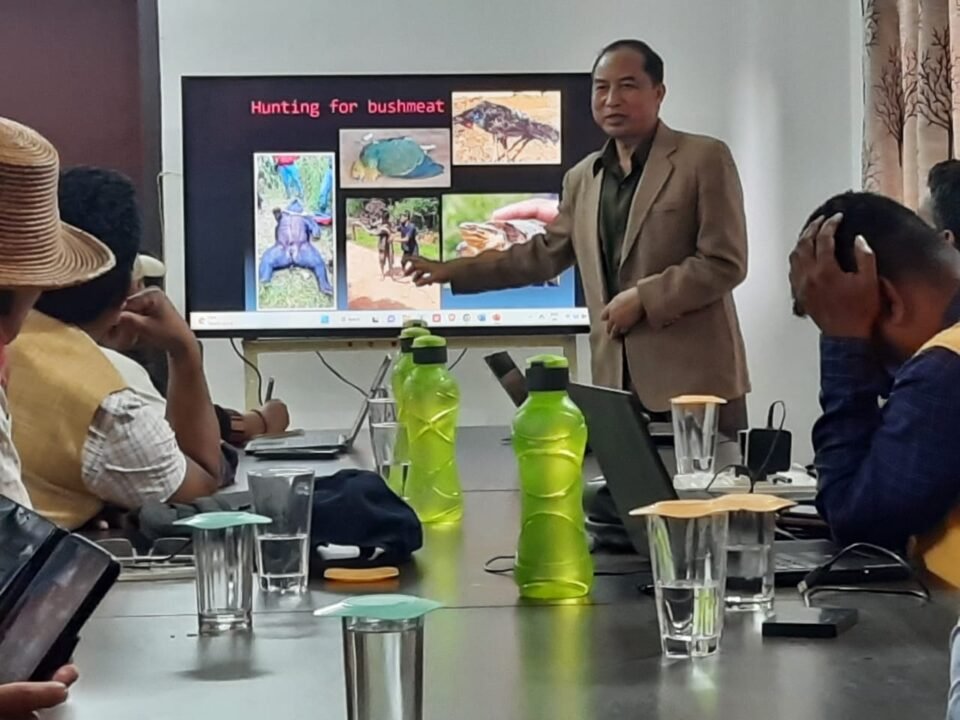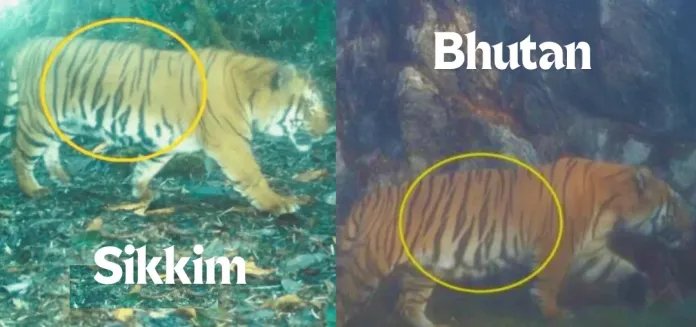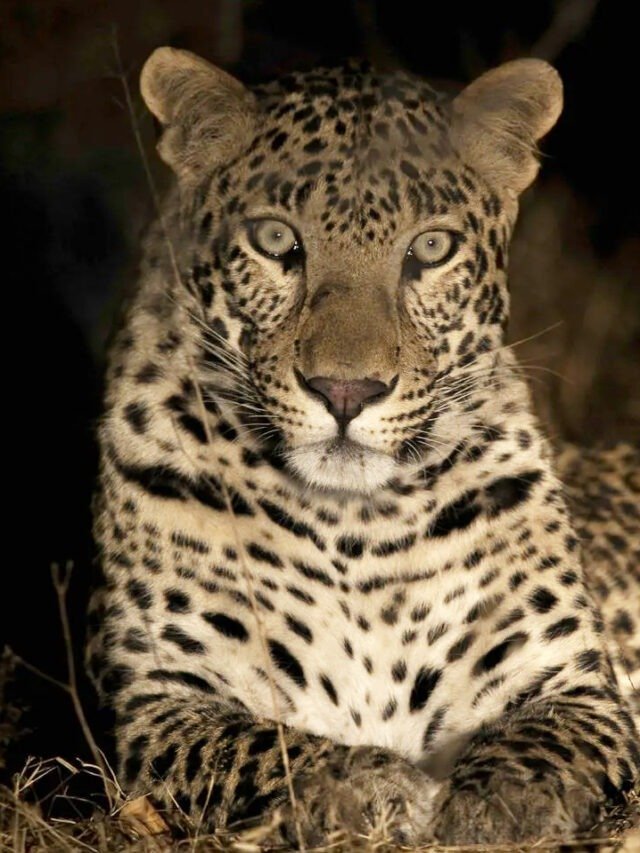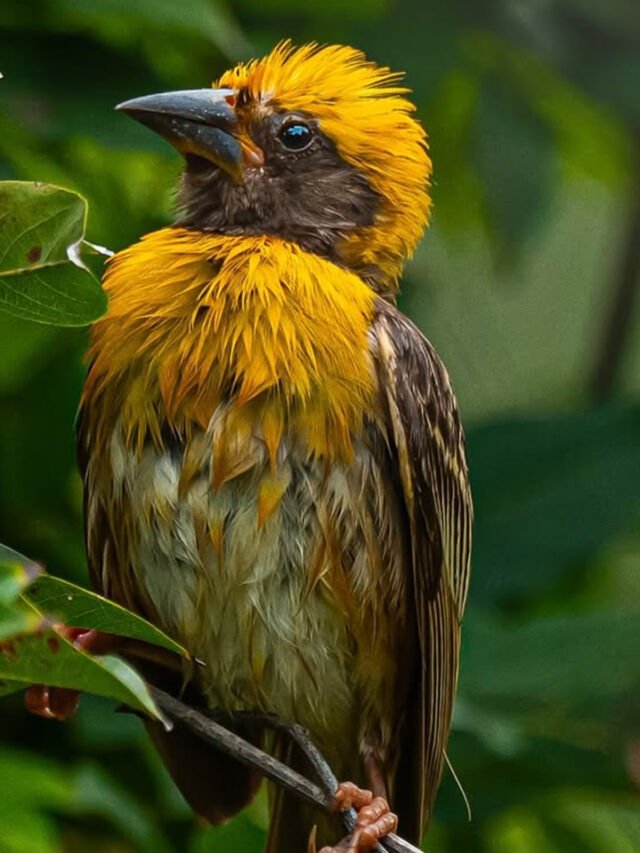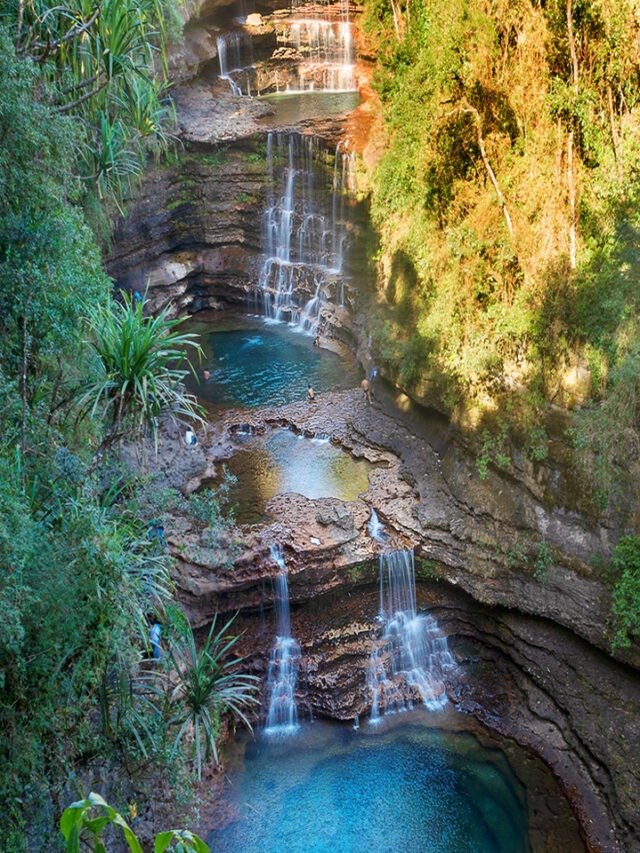HT Bureau
GUWAHATI, April 30: Biodiversity conservation organization, Aaranyak has provided assistance the forest department of Sikkim on installation and operation of wildlife surveillance cameras in Khangchendzongkha National Park and Pangolakha Wildlife Sanctuary in the bordering Himalayan state.
The surveillance cameras are expected to prompt detection and prevention of wildlife crimes to achieve the larger goal of biodiversity conservation. Wildlife crime analyst and a project officer from Aaranyak’s Legal and Advocacy Division (LAD) Ivy Farheen Hussain planned and coordinated the entire process with Sikkim forest department.
She started the process with a meeting with the secretary cum APCC Fof the forest and wildlife, department, Pradip Kumar in Gangtok and conducted an orientation about the wildlife surveillance cameras and how those function in presence of chief wildlife warden (CWW), Sandeep Tambe and the DFOs of Khangchendzongkha NP and Pangolakha WLS.
She discussed various customization and multi-purpose use of wireless 4G camera, important for quick information and real-time surveillance. The goal of this programme was to form a core team who would be responsible for deploying these wildlife surveillance cameras- for both illegal wildlife crime cases and addressing other conservation issues such as human wildlife conflict (HWC) and assist the authorities to be quick with their responses.
The first field orientation was conducted at Pangolakha Wildlife Sanctuary (PWLS) located over 50 kms from Gangtok to the East Sikkim’s Pakyong district, which was attended by nine forest field staffs, including range officers of the WLS, the ACF and newly recruited graduate foresters cum researchers of the forest department, who will form the core team there.
The field staff were trained how to operate, deploy and monitor the camera and its data. The pressing issues in PWLS are more related to human-wildlife conflicts (HWC).
The camera can be used for quick surveillance in the 124 sq. km. of notified PA within its boundaries. Due to the presence of the international border with China touching its core zone, it is crucial for proper and constant monitoring of this PA- while also being receptive towards its wild inhabitants.
The Aaranyak official conducted second field orientation in Khangchendzongkha NP located over 150 km from Gangtok at Yuksom in West Sikkim’s Gyalshing district. This was attended by a group of seven participants comprising forest department staff and EDC members who will form the core team there. Representatives from Khongtay EDC, forest territorial staff, members from Himal Rakshak NGO were trained for the purpose.
The current issues in the national park are related to wildlife poaching and illegal smuggling of the highly endangered musk deer. The park also hosts many high value wildlife species such as the snow leopard and other rarities.
Being a mixed UNESCO World Heritage Site, its area is also riddled with sacred lake sand culturally significant hotspots- other than the famous trek of Goech La to view Mount Kanchenjunga, India’s highest peak.
These cameras would be extremely useful for monitoring movement inside the protected area that stretches over 1700 square kms making it one of the largest wildlife protection areas in Northeast India. Overall, two teams were established in the two Pas with the immense support and coordination of the CWW, Sikkim.
“Aaranyak believes these collaborations can prove to be very beneficial- in order to fill those small yet significant gaps in effective conservation. Supported by the U.S. Fish and Wildlife Services, this is just the first step on part of Aaranyak to work for the greater goal of conservation in Sikkim which has been awarded an Oscar by the United Nations for Best Policies towards Environment and Culture,” said CEO and secretary general of Aaranyak, Bibhab Kumar Talukdar.
Aaranyak’s senior manager in LAD, Jimmy Borah informed that the Sikkim forest department came to know about Aaranyak’s involvement in deterring wildlife crimes through various sources. Accordingly, CWW contacted Aaranyak team to check if it could provide support for surveillance cameras to help them check unwanted elements inside their PAs.
“After various calls between them and Wildlife Protection Solutions who makes the cameras, we agreed for an initial involvement and after that we can see the potential engagement for long term,” said Borah.




